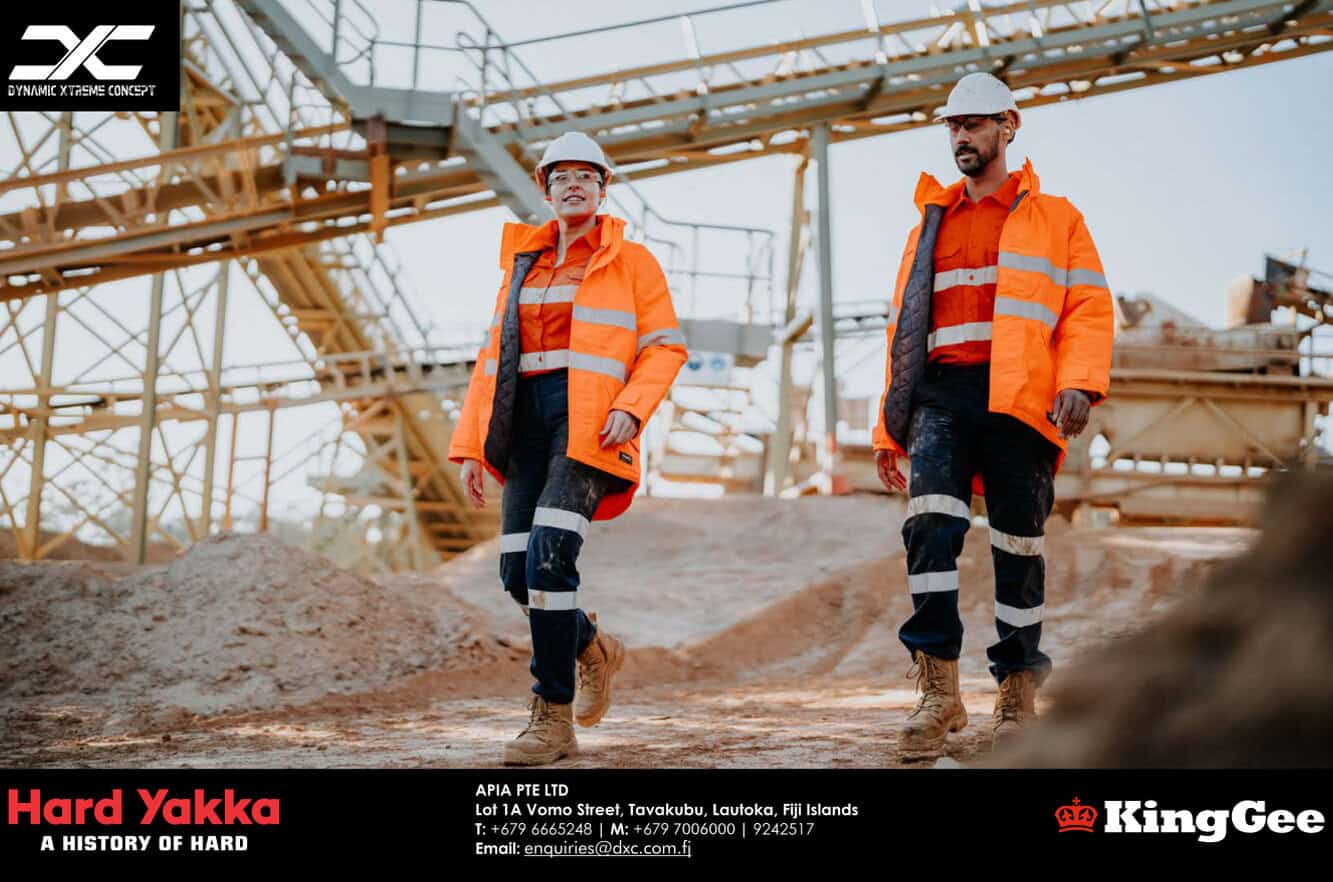By Samantha Magick
Banz Kofi’s online business was transformed when owner Patrick Killoran negotiated a significant reduction in freight rates. Last year during COVID, while regular sales out of the company’s Mount Hagen coffee shop and traditional channels were down 50%, online sales “went through the roof.”
A decade ago, Killoran decided he wanted to get into downstream processing of coffee. He said he learnt quickly that that it didn’t matter how good the product was, if he couldn’t get it to its destination for a competitive price, he . . .
Please Subscribe to view full content...

